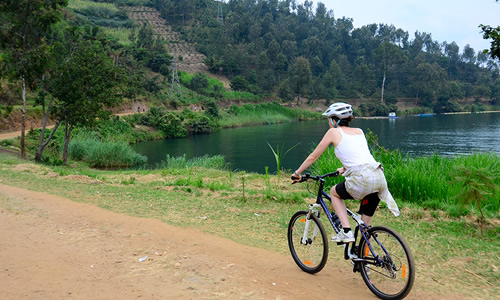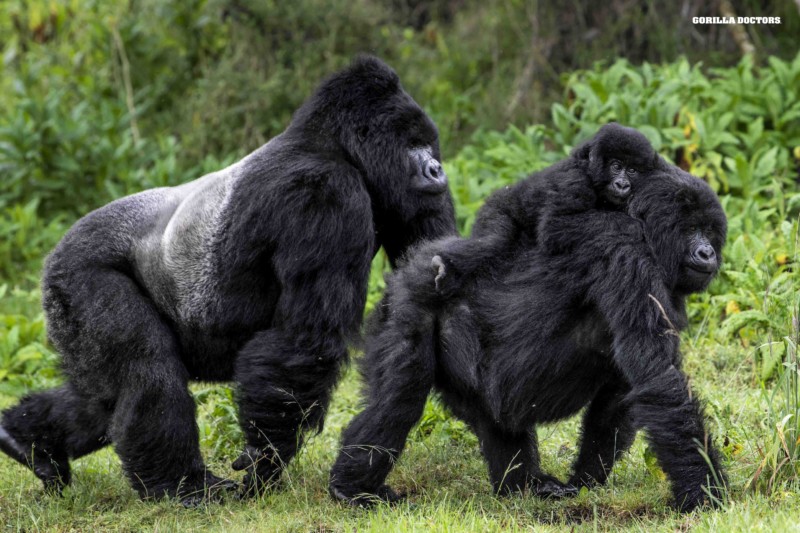The Bachwezi Spirits
Bachwezi Spirits: The Bachwezi, Who Were They? The founders of the ancient Empire of Bunyoro Kitara were Bachwezi, members of the Ankole cultural group in Uganda. their empire encompased Uganda, Tanzania, Rwanda, Burundi, the eastern DRC, Zambia, Malawi, and sections of Tanzania were all under the control of the Kitara Empire. The Chwezi Empire, also known as the Bachwezi/Chwezi or the Empire of the Moon, is another name for the area of Africa that we know as the Great Lakes. The Batembuzi dynasty’s descendants, the Bachwezi, are supposed to have controlled the area historically. Because just three of the Bachwezi’s rulers are mentioned in this history, it appears that the dynasty was brief. As a result, not much is known about them. The three Ndahura, Mulindwa, and Wamara were the Bachwezi kings in Ankole. Ndahura was the name of the Bachwezi people’s first ruler.
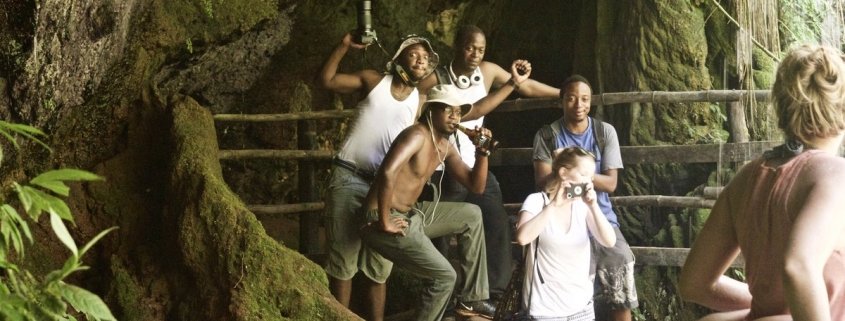
Bigo-Byamugenyi
History claims that between 1000 and 15000 AD, the Chwezi dynasty ruled over what is today known as Bigo bya Mugyenyi in Uganda. Situated in western Uganda, the Bigo bya Mugyenyi cultural and archeological monument is distinguished by its surrounding enormous curved rocks and its thatched hut with sharp-pointed spears at the entrance. Many people still visit this location to pray to the gods and communicate with the Bachwezi ghosts that reside in the hut and around the stones. Praying to the gods here requires humility, just as it does to other gods. The Bachwezi caverns at the Bigo bya Mugyenyi archeological site serve as a place of prayer for those who honor these deities. To ensure the safety of visitors to the site and the shrines, Bachwezi Spirits, has baskets where you may lay your monetary gifts devoted to the gods.
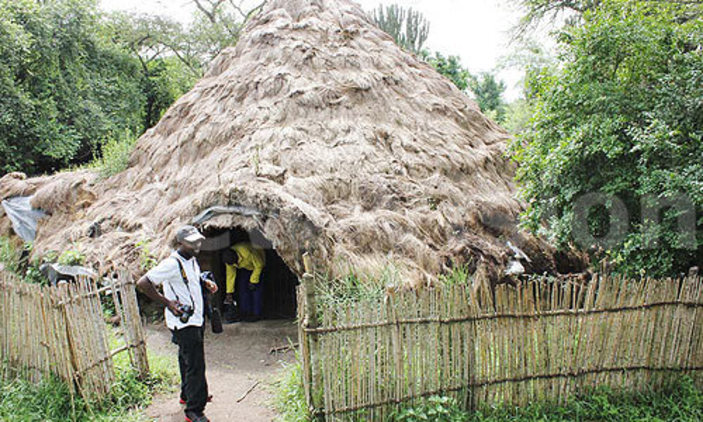
The location of the caves at the site is a hill where you can trek while being accompanied by the gods’ appointed caretakers. The road through the pitch-black caves leads to the exit and an area teeming with wildlife, including snakes, duikers, water bucks, and bush bucks. You will hear about the magical stream at this location, called Kabeho, where patients are cleansed by traditional healers.
There are a few thatched cottages directly over the stream; the largest and oldest is supposedly quite old. This is a place where people come to worship the gods and offer prayers. The hut is embellished with spears, mats, beads, thick bamboo pipes, various shaped ceramic pieces, hides, and skins.
The Bachwezi are thought to have been the main cattle keepers, and beyond the hut lies a sizable, empty kraal that once held their animals. As a result, some pilgrims bring milk to this location to offer to the gods in the form of calabashes inside the hut. This location features a pool of water that has been looked after for a long time because it is thought to be the former kings’ restroom. This is thought to be the source of the monarchs’ authority to govern over their subjects. Wamala’s lineage continues to this day, and Prince Mkungu Frank Nzhuzuure claims to be the 37th successor of the Bachwezi dynasty, carrying on Wamala’s supernatural abilities known as Bachwezi Spirits.
When you visit this location, you’ll also notice an old, strong wall that was allegedly built as a perimeter wall to enclose the Chwezi monarchs’ palace. It is reported that the kings of Buganda, including Mwanga II, stayed in this palace during their visitation after the Bachwezi rulers vanished.
Bihogo Cow
The long-horned Ankole cattle, iron smelting, coffee cultivation, and the earliest indications of a centralized, ordered administration headed by a king are all attributed to the Bachwezi people. Nobody knows for sure where the Bachwezi went; some think they were demi-gods who moved and most likely vanished in Lake Albert, while others say they vanished into Lake Wamala, which bears the king’s name. According to a renowned scholar, the Bachwezi became integrated into the native population and may have been the Bahima, who are found in Ankole, Uganda, and the Tutsi in Rwanda and Burundi, as well as Bachwezi spirits.
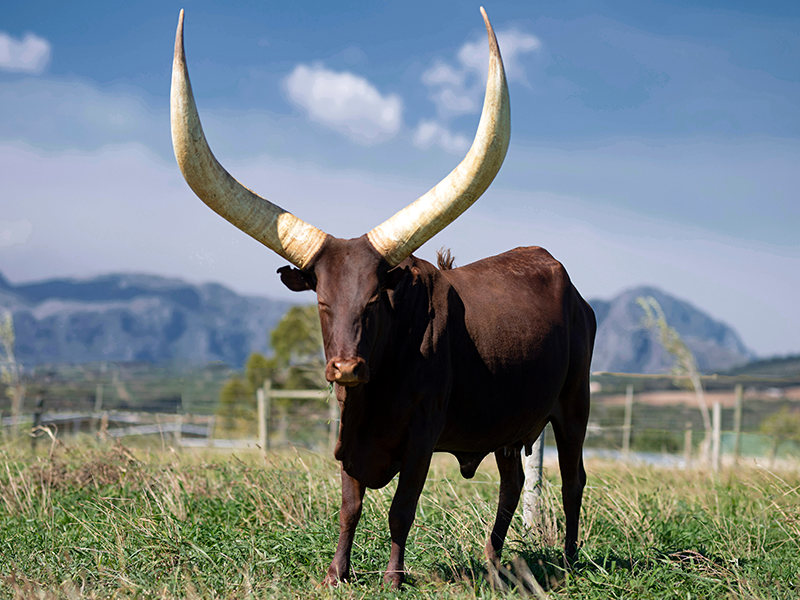
Various Bachwezi clans worshipped the Bachwezi because of their enigmatic actions, which led to the belief that they were demi-gods. Following their rule, the Babiito Dynasty, which gave rise to the modern Bunyoro-Kitara kingdom—which also has a long history of dominating Uganda—replaced them.

